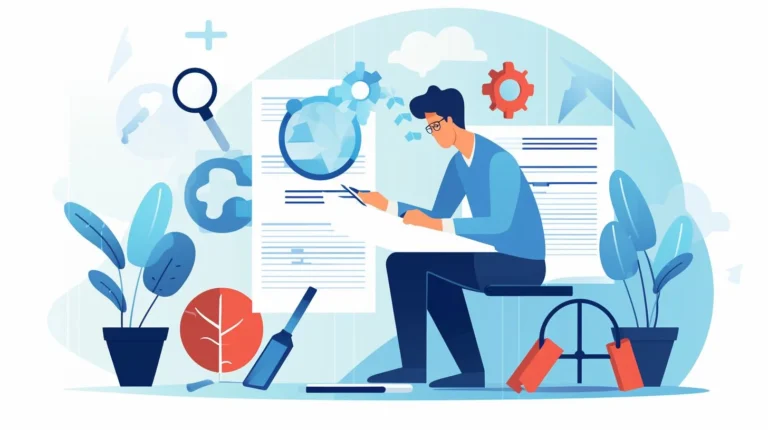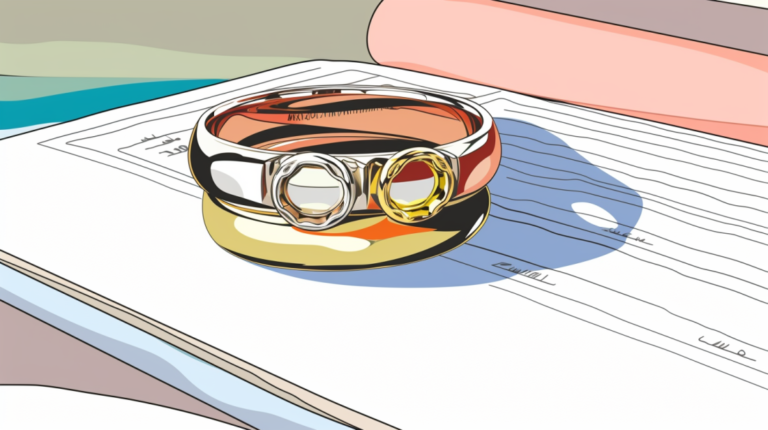Navigating Homeowner’s Insurance Policies
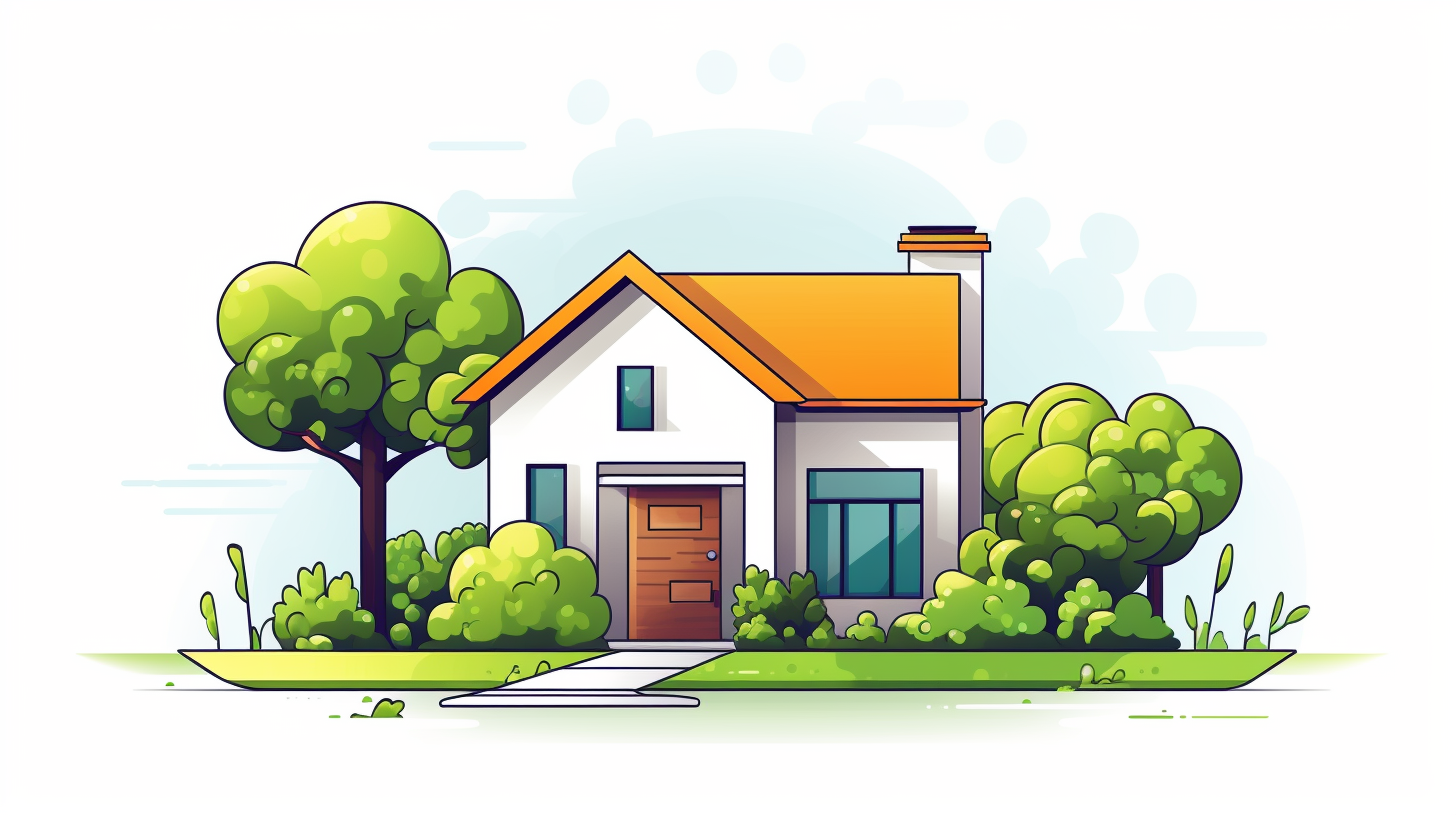
Understanding homeowner’s insurance policies can feel like navigating a labyrinth of complex terms and confusing conditions. Believe me, I’ve been down that opaque path myself. But don’t worry—I turned my puzzlement into purpose, cracking the code on these vital protection plans for both homeowners and renters alike.
In this article, we’ll peel back the layers of homeowner’s insurance to get to the heart of it all: we’ll explore various types of coverage, demystify the process of filing claims, and so much more.
Let’s illuminate this road less traveled together—a brighter understanding is just around the corner!
Key Takeaways
- Homeowner’s insurance covers your house, things inside and if someone gets hurt on your property.
- It doesn’t cover everything like floods, earthquakes or wear from old age. For these, you need extra coverage.
- There are three types of home insurance plans: actual cash value, replacement cost and guaranteed (or extended) replacement cost/value.
- You may have to pay for more coverage for windstorms, floods and even sewer problems as they aren’t part of standard policies.
Understanding the Basics of Homeowner’s Insurance
Getting a handle on homeowner’s insurance begins with understanding the fundamental coverage aspects. It’s about knowing what your policy takes care of—from damages to both interior and exterior of your house, personal liability in case someone gets hurt on your property, or even those additional living expenses if you need a temporary place to stay due to home repair.
But, it also includes being aware of non-covered events that are excluded from most traditional policies. By familiarizing yourself with these basics, you’re stepping into an essential part in preserving and protecting one of life’s biggest investments—your home!
What a Homeowner’s Policy Covers
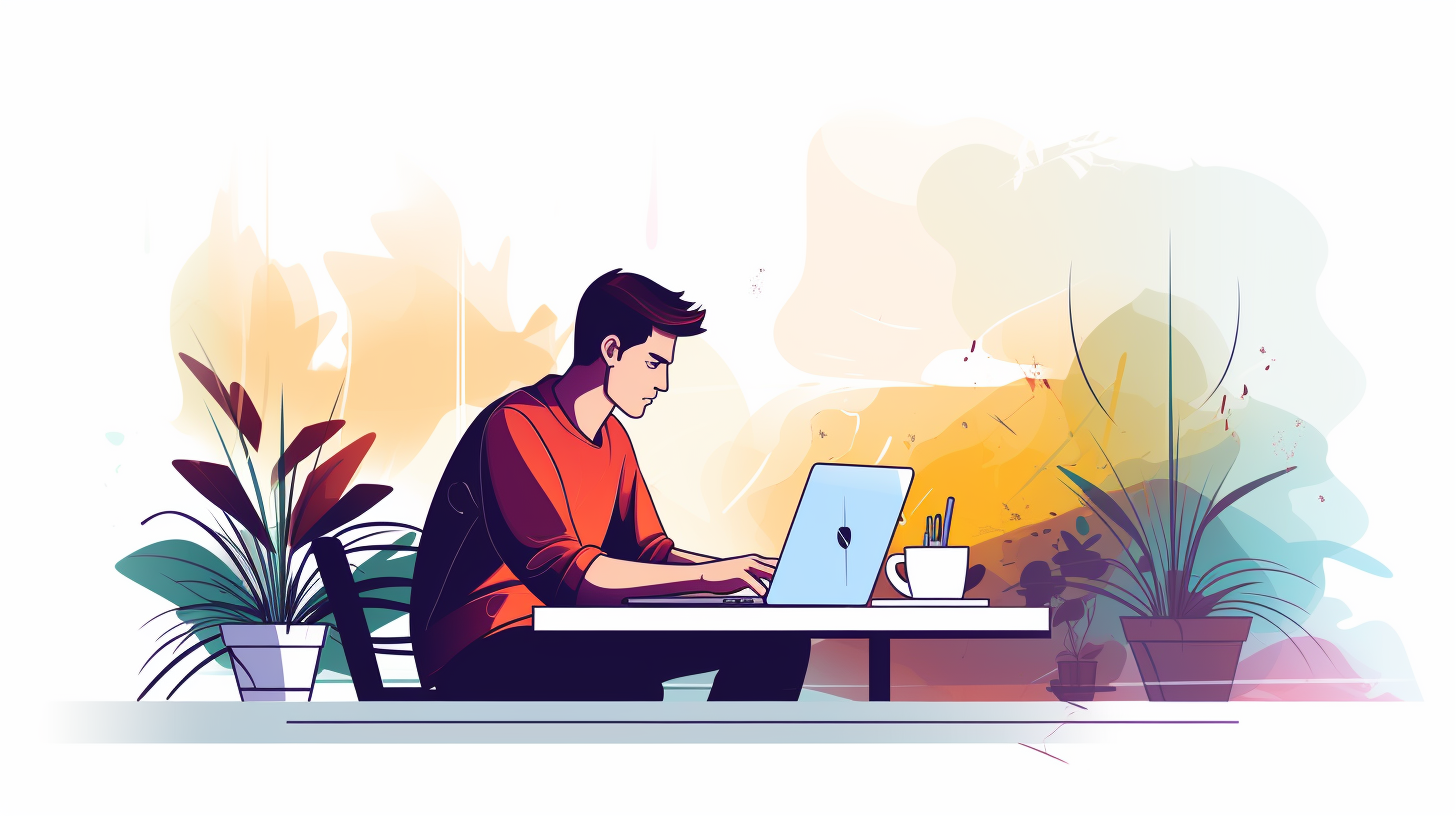
A homeowner’s policy keeps your home safe. It protects the outside and inside of your house from damage. If someone steals things from your house, it can pay for lost stuff, too. Plus, if someone gets hurt on your property and sues you, this insurance has got you covered.
Do you need to stay in a hotel while repairs get done at home? Well, it can help with that cost as well! But we must also know it doesn’t cover everything like floods or earthquakes.
And if harm comes because of bad upkeep of the house, that’s not covered either. The type of policy you have will tell what’s protected and what isn’t so choose wisely!
The Different Types of Homeowners Coverage
Let me tell you about the different types of homeowners coverage.
What Isn’t Covered by Homeowners Insurance?
Homeowners insurance covers a lot but not everything. Here’s a list of what most policies often leave out:
- Damage from floods is not covered in standard plans. Folks living in flood zones need a separate flood coverage policy.
- No protection is given for chances of an earthquake too. To deal with such risks, you’ll need specific earthquake coverage.
- Homeowners insurance won’t pay for damage made by termites, rodents, or other pests.
- There’s no help with costs to fix mold, mildew, or any rot due to neglect.
- Damages as the result of war, terrorism, acts of civil unrest and nuclear incidents aren’t handled either.
- Anything broken on purpose falls into the non – covered area.
- The rub – off of illegal actions doesn’t get any cover either.
- Normal wear and tear like fading paint or old plumbing isn’t part of the insurance deal.
- If you have structures like sheds or garages on your property used in business activities – that also misses out on regular homeowners insurance coverage.
The Different Types of Homeowners Insurance Policies
When it comes to home insurance, there are three types you need to be aware of: actual cash value, replacement cost, and guaranteed or extended replacement cost/value. Actual Cash Value (ACV) covers the house and belongings after depreciation is taken into account.
This means if your vintage couch gets damaged in a fire, ACV will only pay for what that old couch was worth at the time of loss – not enough to buy a new one! Replacement Cost isn’t focused on how much an item depreciated; instead, it pays out what you’d spend today if you had to replace that same item.
The last type is Guaranteed or Extended Replacement Cost/Value which goes beyond replacing by offering high coverage limits just in case rebuilding your house costs more than expected due to increased prices in materials or labor.
Actual Cash Value
Actual Cash Value is a big part of home insurance. It means the cash you get if your house or things in it go bad. But it’s not as simple as that! They take out money for how old your stuff is before they give you any money.
For example, let’s say your laptop breaks from a fire. If the laptop was new, you might get full cost back. But if the laptop was five years old? The company would say that notebook isn’t worth much now! So when they give you cash, less money comes back to cover an older item lost in a bad event like a fire or robbery.
Replacement Cost
Replacement cost is a big part of homeowners insurance. It covers the cash value of your home and things in it, without taking off for depreciation. This means if damage happens to your home, you get paid the full cost to fix or replace what got damaged.
Not all policies are the same though! Some cover only up to a limit which can make rebuilding tough if costs rise. To be safe, look into getting guaranteed replacement cost/value coverage too.
Then even if repairing your home costs over the policy limit, they still pay for it! Having such coverage provides peace of mind knowing you’re fully protected from any sudden damages.
Guaranteed (or Extended) Replacement Cost/Value
The “Guaranteed (or Extended) Replacement Cost/Value” is a really good plan for your home. It makes sure the insurance company pays to fix or rebuild your house, even if it costs more than what’s in your policy.
This helps a lot, especially where bad weather might destroy homes and building again may cost more money. I once checked my own home insurance policy to see that I have this cover; you should do so too! It will make sure you get all the funds you need if you ever have to rebuild.
But keep this in mind: it could mean paying a higher fee when compared with normal replacement cost covers.
Natural Disaster Coverage Explained
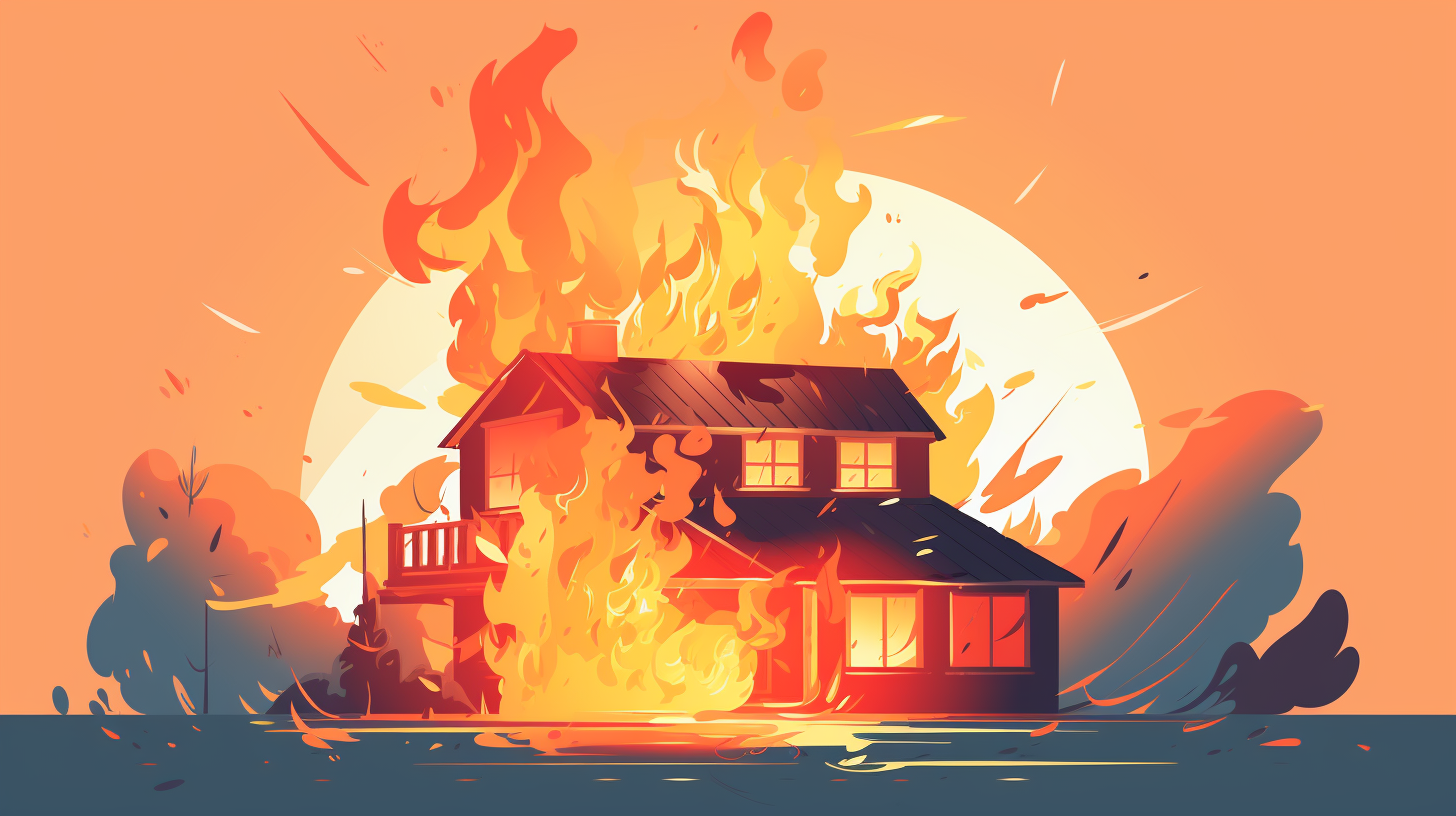
Understanding natural disaster coverage in homeowner’s insurance requires diving into specifics like earthquake, windstorm and flood policies. Dive deeper by reading further as we unpack these in detail.
Earthquake Coverage
Earthquake coverage is special. It does not come with your usual home insurance policy. You have to get it separately if you live in a place where earthquakes happen often. Earthquake insurance will help pay for any damage that an earthquake causes to your house.
The money from the insurance can fix or even rebuild your home after a bad quake. This can be very helpful as fixing homes after an earthquake can cost a lot of money!
Windstorm Coverage
Windstorms can be scary. They bring strong winds that may harm your home. Windstorm coverage is the part of your insurance plan that pays for this damage.
To get windstorm coverage, you need to add it to your normal policy. Standard plans do not cover wind damage. So check with your company if they offer this extra option. It will give you peace of mind so you are ready when the next big storm hits.
Flood Coverage
Floods can make a big mess. They can ruin your home and stuff. You may think your homeowners insurance covers this, but it does not. For flood damage, you need special flood insurance.
This is extra and costs more money. In some places, if there are many floods you must have it to get a loan for a house. Also, the price changes based on how often floods happen in that place and how much cover you want to buy.
Additional Policies You May Need
When insuring your home, consider sewer backup coverage to avoid costly outlays for cleanup and damages; Consider extra liability coverage to protect yourself from financial catastrophe in case of serious accidents or injuries happening at your property and if you rent out your place occasionally, a policy covering short-term rentals is essential not only for potential damage but also for liability.
Sewer Backup Coverage
You might think sewer problems only happen in the streets. But they can damage your home too. A broken sewer line or a blockage could cause a nasty backup in your basement. No one wants to clean up that mess! And standard home insurance does not pay for it, which is more bad news.
Good thing there’s an answer – add on sewer backup coverage to your policy! It pays for all the fixes and cleanup after such an event, saving you from high costs and headaches. This coverage is vital if heavy rain often hits your region or if old pipes run under your house.
Extra Liability Coverage
Extra liability coverage boosts your protection. It starts working when you have used up all of your standard home insurance cover. Say someone is hurt on your property, or their stuff gets damaged.
Your usual policy might not pay out enough to make things right again. That’s where extra liability coverage helps.
This added layer can be key if major accidents happen on your turf. Dog bites and pool mishaps are good examples here. Another helpful feature is an umbrella policy which goes beyond the limits set by normal homeowner’s insurance policies in case large sums are demanded for damage costs.
Coverage for Short-Term Rentals
You may need extra insurance for short-term rentals. Standard policies do not always cover this. Why? Because renting out your home is like running a business. Most firms offer special plans for this kind of thing.
Others might let you add on to your policy. In the end, if you plan to rent out your home, check with your insurer first.
How Homeowners Insurance Rates are Determined
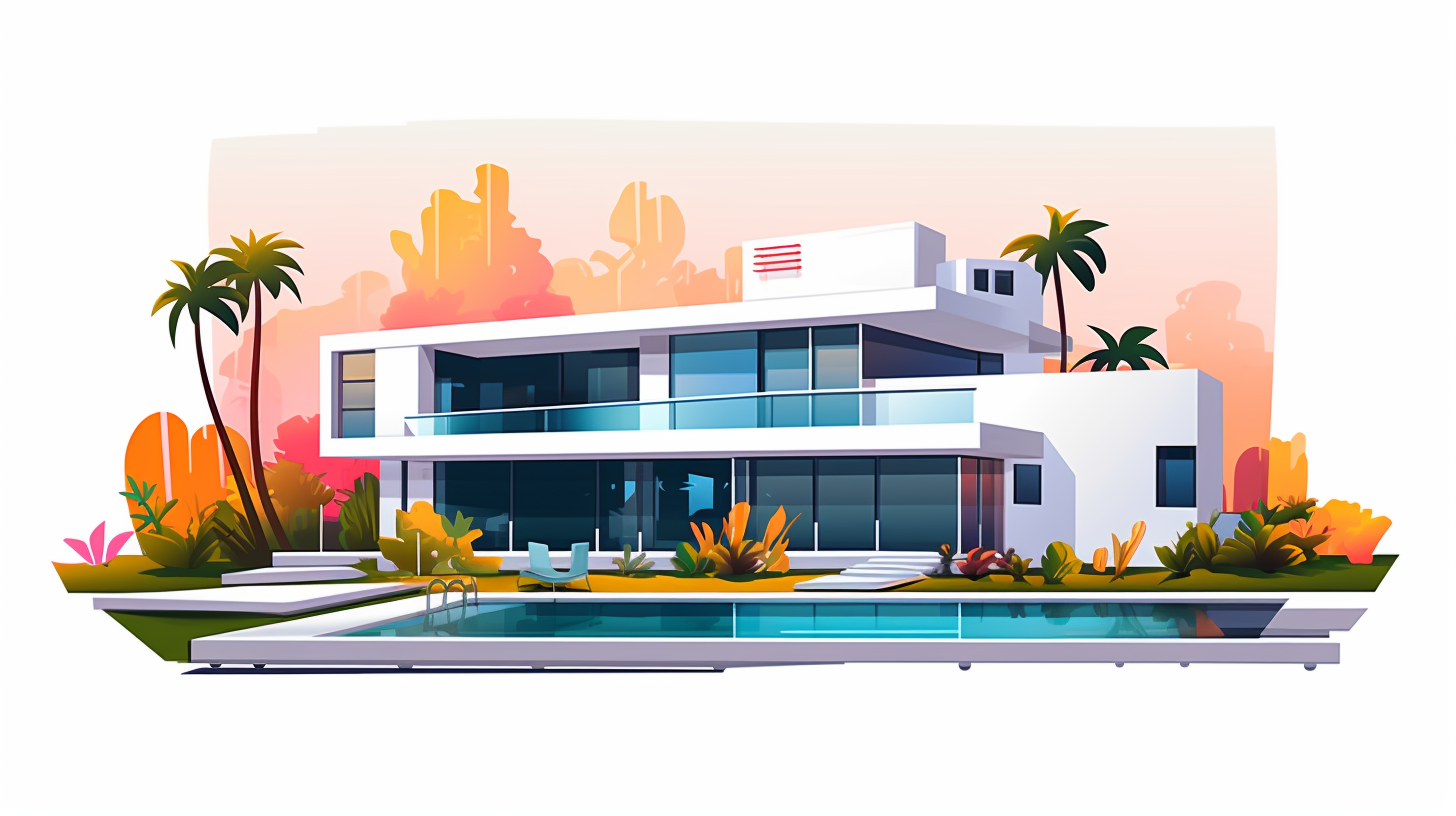
As a homeowner, it’s crucial to understand that various factors come into play when determining your insurance rates. These can include the age and condition of your home, its location, your credit score, and even the breed of your dog! Additionally, you could lower these costs by installing security systems or increasing deductibles.
Factors that Affect Rates
Getting homeowner’s insurance is not the same for everyone. Costs can shift because of a few things. Some key factors include:
- Where you live: Area Crime rates, likelihood of storms, and closeness to emergency services can affect your rate.
- The home itself: Older homes may cost more to insure. If a house has a roof in poor shape, rates might go up too.
- Home safety: A home with a good security system or fire alarms could have lower insurance costs.
- How often you file claims: If you’ve made lots of claims in the past, insurers might charge more.
- Credit score: Good credit can bring down your rate. But bad credit might make it higher.
- Value of your home: More expensive homes cost more to repair or replace. So their insurance tends to be higher too.
How to Lower Costs
In homeowners insurance, you can find ways to pay less.
- Use a home security system. This way, your home stays safe and insurance costs down.
- Make your home safer. Do simple fixes. Fix steps that might trip someone or lights that don’t work.
- Upping your deductible can also lead to lower rates.
- Don’t pick the first insurer that you find or hear about from friends. Look around and compare plans to get better deals.
- If you have expensive items in your home, know that these can raise your rates.
- Pick a good company for insurance needs. Look at their ratings and how fast they reply.
Tips for Navigating Homeowner’s Insurance
 When it comes to navigating your homeowner’s insurance, it’s crucial to regularly compare policies and coverage options from multiple insurers for the best deals. Additionally, hunting for discounts such as multipolicy reductions can help trim costs down.
When it comes to navigating your homeowner’s insurance, it’s crucial to regularly compare policies and coverage options from multiple insurers for the best deals. Additionally, hunting for discounts such as multipolicy reductions can help trim costs down.
It might surprise you how rates drop when mortgages are fully paid off – so bear that in mind as a long-term strategy!
Regularly Compare Policies and Coverage
Always keep an eye on your home insurance plan. Check it often to be sure it’s still a great fit for you. You should do this at least once a year. By doing this, you might find better plans or deals from other companies.
Keep in mind the price isn’t the only thing to look at! Coverage and customer service are also key points to think about. This way, you make sure your policy keeps up with changes in your life and helps save money too!
Look for Multiple Policy Discounts
You can save a lot of money on home insurance with multiple policy discounts. Some insurance companies give discounts if you buy more than one type of policy. For example, you could get a discount if you have both car and house insurance from the same company.
It is always smart to ask about these deals when shopping for your policies. This way, both your home and car will be safe, and you will spend less.
Pay Off Mortgage to Lower Rates
I paid off my mortgage and saw a big drop in my homeowner’s insurance rates. This is because having no debt on your home makes it less risky for the insurance company. They think you’ll take better care of it since you own it out right! Most times, when you pay off your house, the insurer reduces your coverage charge.
Being free from a monthly mortgage payment feels great. But that’s not all – It also leads to lower insurance prices! Once a person owns their house outright, they see cost cuts on many fronts.
Paying less for homeowners insurance is just one rewarding part of owning your own place. Trust me, if I knew this sooner, getting rid of my loan would have been my top priority.
How to File a Homeowners Insurance Claim
Filing a homeowner’s insurance claim doesn’t have to be hard. Here are the steps:
- Make sure everyone is safe first.
- Call the police if there is theft or damage from bad actions.
- Take photos of the damage as soon as you can.
- Prevent more damage if you can do it safely.
- Reach out to your insurance company right away.
- Give them all details of the event and damage.
- Create a list of lost or damaged items and their value if you can.
- Go with the claims adjuster when they look at the damage.
- Don’t agree right away to what they first offer to pay for the damages without looking at other options.
- make sure all your repairs follow local building laws.
The Importance of Creating a Home Inventory for Insurance Purposes
Keeping a home inventory is key for insurance matters. This list should have all that you own in your house. It comes in handy when you need to make an insurance claim. You can get fair pay from the insurer with it after some loss takes place.
Making and keeping this list up to date is very important too. A year-end review of the items will work well; add new buys and remove sold out or thrown away things as required. Talk to your insurer every now and then about adding more cover, especially if you buy costly stuff often.
Conclusion
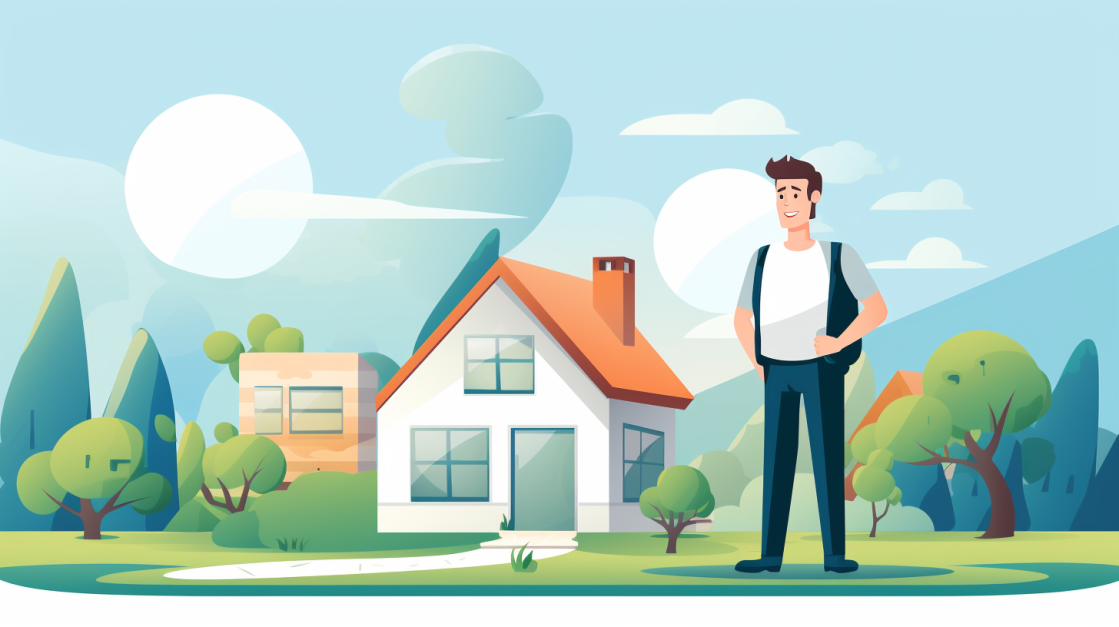
Homeowner’s insurance is key to keep your house safe. Knowing what it covers helps a lot. It pays to shop around for the best rates and coverage. Going over policies at least once a year can save you money.
FAQs
1. What does a homeowner’s policy cover?
Ahomeowner’s policy usually covers damage to the interior or exterior of your house and personal belongings. It also offers personal liability for injuries.
2. How do insurance companies set homeowners insurance premiums?
Insurance companies look at the risk factors like property value, location and previous claims to decide on the cost of homeowners insurance premiums.
3. What changes should I notify my insurer about after buying home insurance?
You should tell your insurer if you make big changes at home like renovation, as this can affect your policy coverage and premiums.
4. Can I get discounts on homeowners policies?
Some insurance companies give discounts for things that lower risk such as having safety devices installed in the house.
5. How do I file an Insurance claim when my house gets damaged?
To file an claim, contact your home insurers’ claims department as soon as possible with all details related to damages; they will guide you through their process .
6.How will i be recompensated by my insurer after filing a claim?
Most often, Policies offer replacement cost value for any loss,damage to home & belongings ensuring financial protection upto policy limits.


